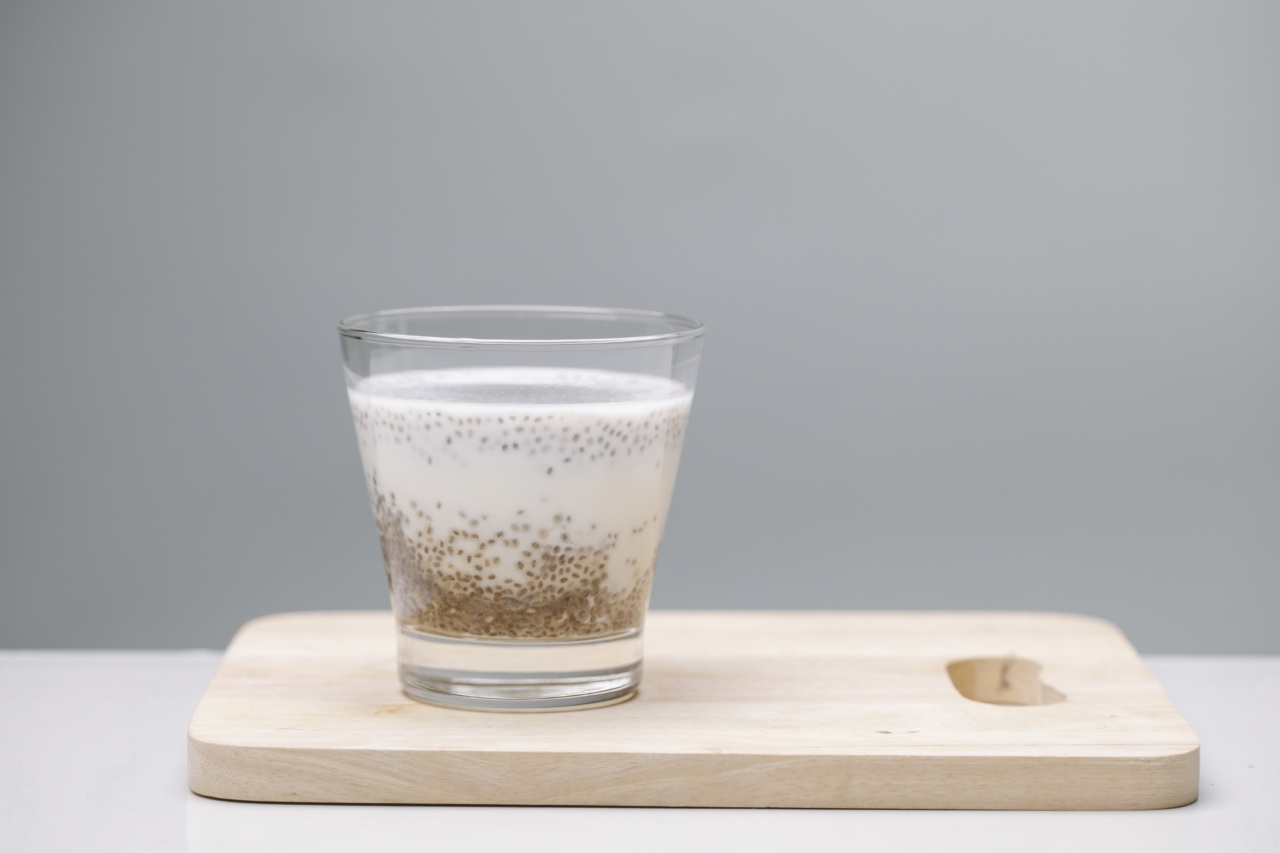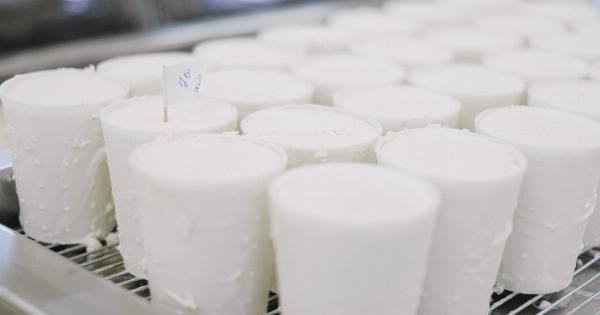For nursing mothers, ensuring an adequate supply of breast milk is crucial for the growth and development of their infants.
While many factors can influence milk production, such as breastfeeding frequency and proper latching technique, one often overlooked factor is diet. A well-balanced and nutritious diet can significantly boost breast milk production. In this article, we will outline some key dietary tips to help nursing mothers increase their milk supply naturally.
1. Stay Hydrated
Staying hydrated is essential for maintaining an optimal milk supply. Nursing mothers should aim to drink at least 8 to 10 glasses of fluids every day. Water, herbal teas, and milk-based beverages are excellent choices.
Avoid excessive consumption of caffeinated or sugary drinks, as they can cause dehydration and interfere with milk production.
2. Consume Sufficient Calories
Breastfeeding mothers require additional calories to meet the energy demands of milk production. Consuming an extra 400 to 500 calories per day is recommended. However, focus on nutrient-dense foods rather than empty calories.
Include plenty of whole grains, lean proteins, fruits, and vegetables in your daily diet to ensure an adequate supply of essential nutrients.
3. Include Lactogenic Foods
Lactogenic foods are known to promote milk production. Incorporating these foods into your diet can be beneficial. Examples of lactogenic foods include oats, fenugreek seeds, fennel, garlic, and leafy green vegetables.
Try adding them to your meals or snacks regularly to boost your milk supply.
4. Increase Protein Intake
Protein is vital for milk production as it contains amino acids necessary for the growth and development of your baby. Include lean sources of protein such as chicken, fish, eggs, legumes, and tofu in your diet.
Aim to consume protein-rich foods with each meal to support milk production.
5. Consume Healthy Fats
Healthy fats are essential for hormone production, which plays a crucial role in lactation. Include foods rich in omega-3 fatty acids such as salmon, chia seeds, flaxseeds, and walnuts in your diet.
Additionally, avocados and olive oil are good sources of monounsaturated fats that can support milk production.
6. Incorporate Galactagogues
Galactagogues are substances that have properties to enhance milk supply. Fenugreek, blessed thistle, and goat’s rue are commonly used galactagogues.
However, it is recommended to consult with a lactation consultant or healthcare professional before incorporating them into your diet to ensure their safety and effectiveness.
7. Avoid Certain Medications and Herbs
Some medications and herbs may interfere with breast milk production. Certain antihistamines, decongestants, and hormonal contraceptives can decrease milk supply.
Additionally, the use of sage and peppermint should be limited, as they can have a negative impact on milk production. Always consult your healthcare provider before taking any medication or supplements while breastfeeding.
8. Eat Regularly and Snack Wisely
Skipping meals or going on restrictive diets can negatively affect milk production. Eating regular, balanced meals and incorporating healthy snacks throughout the day can help maintain a steady milk supply.
Opt for nutritious snacks like yogurt, fruits, nuts, and whole-grain crackers.
9. Minimize Stress
Stress can interfere with milk letdown and overall milk production. Engage in relaxation techniques such as deep breathing exercises, yoga, or meditation to reduce stress levels.
Creating a calm and peaceful environment while breastfeeding can also help enhance milk flow and production.
10. Seek Support
Remember, you are not alone in your breastfeeding journey. Seek support from lactation consultants, breastfeeding support groups, or fellow nursing mothers.
They can provide guidance and encouragement throughout the process, which can positively impact your milk supply.






















